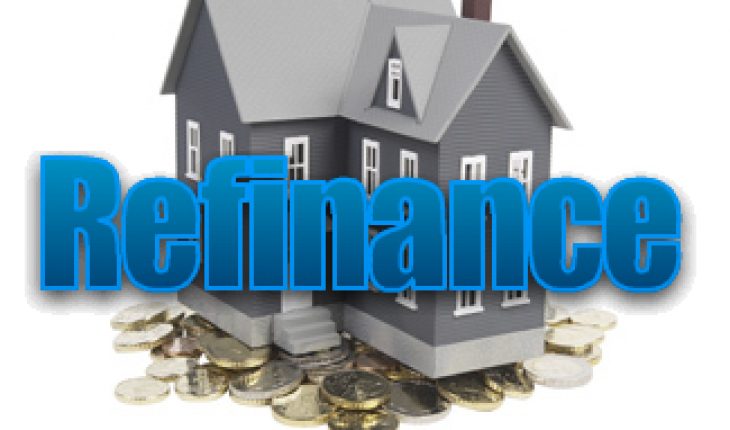If you’re thinking of refinancing your mortgage, you should assess the situation well. Analyze the following points and then make your decision.
Long Term Plans
How long are you going to live in the house? If you’ll be residing there for a while, you will save more money by getting a new deal. But what if it’s only for a short amount of time? Assess the costs of opening a new loan and closing the old mortgage agreement. The
expense and paperwork might not be worth it.
The point is you should look at the dollars and cents from a wider perspective. If you’re thinking of refinancing your mortgage, factor in your long term goals.
Go Through the Details
Don’t sign up for a loan you don’t fully understand. It’s only natural that lenders will want to highlight your potential savings and make little mention of the costs. It’s your job to look at all the facts and figures.
Don’t hesitate to talk to the lender. Everything must be clarified. If some parts are vague and the lender can’t clear it up, look for another loan.
Fixed Rates are Recommended
With a steady rate, it’s easy to calculate how much you have to pay. It makes budgeting easier. Variable rates don’t offer you that luxury. Granted, you can save more if the rates go down. But the uncertain economic situation makes this impractical.
Refinancing your mortgage means getting a 15 or 30 year agreement. 15 year and 30 year deals have their own advantages and disadvantages. You’ll get different offers, so you should evaluate each one carefully.
Looking for Lenders
You should scrutinize lenders as you would the interest rates. Making inquiries or getting recommendations won’t hurt. It’ll take you some time, but if it means better deals, you should spare no efforts.
Of course the loan you can avail of depends on your financial standing. A good credit standing will give you the widest range of options. If you have some debt, you’ll need to assess your finances. Go over it with your financial adviser. It will help you when refinancing your mortgage.
Other Things to Bear in Mind
Getting a new loan means shelling out some money. You’ll get a lower interest rate, but there are some initial expenses. These include attorney fees, lender expenses and the VA loan guarantee. This doesn’t even cover insurance or prepayment penalties.
The downpayment should be considered also. How much will it cost you? Can you afford it right now? If you’re going to alter the loan duration, this will have to be analyzed as well. If the facts and figures seem confusing, consult a lawyer. You’ll need to understand them to get the best deal possible.
Even if you’re capable, there’s no need to go for the most expensive ones. Go for the one that makes more financial sense for you in the long term.
Refinancing your mortgage is a complex issue. There are many factors to account for but it’s vital you go over them. Be patient and the hard work will pay off.
Additional Reading on Home Mortgages
- How Much Mortgage Can I Borrow?
- How Much Mortgage Loan Can I Afford?
- Mortgage Rate Comparison
- Lowest Interest Rates
- Best Mortgage Rates
- Reverse Mortgages
- Get the Best Mortgage Rate
- Mortgage Lenders
- How Much Can I Afford to Spend on a Home?
- Guide to Mortgage Rates
- How Much Mortgage Loan Can I Afford?

